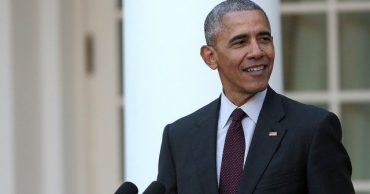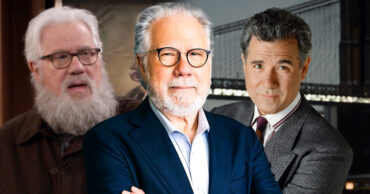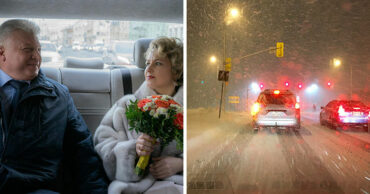Will Smith and NBC executives probably didn’t know they had something special on their hands when the original The Fresh Prince of Bel-Air first aired. Running for a total of six seasons, the show follows the street-smart Smith, who’s shipped off to live in upscale LA. The iconic series helped jump started Smith’s career. But more importantly, The Fresh Prince of Bel-Air brought a certain uniqueness that few television shows have been able to match.
It’s been over 20 years since it last aired, and there’s even a dramatic reboot of the NBC classic. However, audiences can still fall back on the original The Fresh Prince of Bel-Air in the current landscape. Needless to say, the Will Smith series brought a welcome diversity to the mainstream media.
The Fresh Prince of Bel-Air Never Portrayed Stereotypical Black Characters
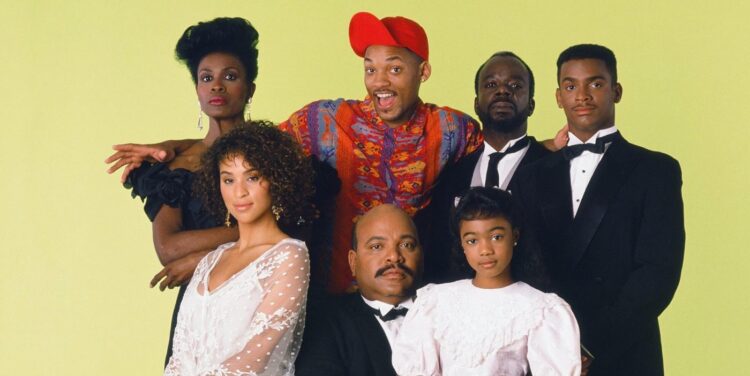
Given Will Smith’s status as a rapper before he did the series, it’s quite surprising that they never delve into the stereotypes associated with rappers. The show starts out with Will getting into trouble down in West Philadelphia. However, it never expands on his life in the hood, which is actually a great thing. A lot of African-Americans come from a place of poverty and crime, but it’s not a blanket story.
Not putting Smith in a box allowed the show to open its scope to issues that weren’t addressed in the Black community. Who could forget the powerful episode where Will finally met his dad? Or the fish out-of-water journey his character goes through since he’s a hood kid thrust into an upper-class environment. The show may be targeted at the Black community, but its various themes represent all cultures and nationalities. The Fresh Prince of Bel-Air judged the cast by their characters, not the color of their skin. So, each has their strengths and weaknesses, but it’s not structured into a racial issue.
The Fresh Prince of Bel-Air Was A Great Representation of Different Cultures
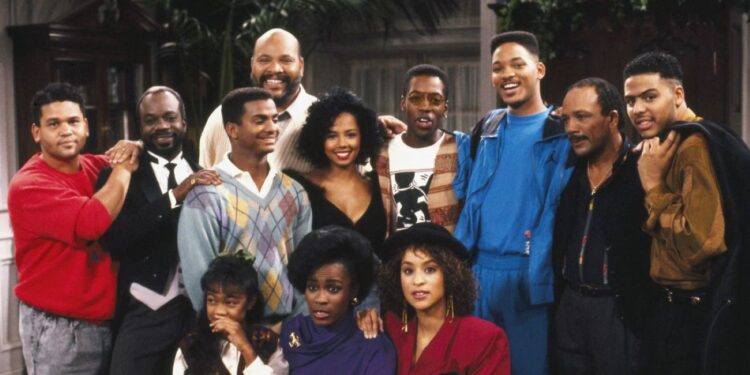
This topic was touched on a bit in the previous paragraph. But the power of the series is that they tackled problems that ordinary families face on a daily basis. Despite the fact that the Banks family is rich, there’s never a point in the series where their issues are condensed to those of the 1%. On the contrary, the show often highlighted in The Fresh Prince of Bel-Air portrayed them as humans first.
Uncle Phil was stern and strict, but he was also a loving Guardian that showcased various emotions throughout the six seasons. Carlton was a goofball but a nice and likable kid who was more often than not insecure over Will’s rise in popularity. Hilary was the snobby and arrogant one in the series. But the show wisely shifted focus on that aspect of her. Instead, they ended up portraying her as a multi-layered character beyond what people saw on the outside.
Racism, sexism, loneliness, love, and respect were just some of the themes documented throughout the six seasons. Will and The Banks family weren’t perfect. But, in retrospect, that’s an accurate reflection of the world as a whole. There’s one major thing exploring these characters does. It allows the audience to relate to each character. That’s mostly because it represented everyday life outside the confines of gender and race.
The Characters Were Unforgettable
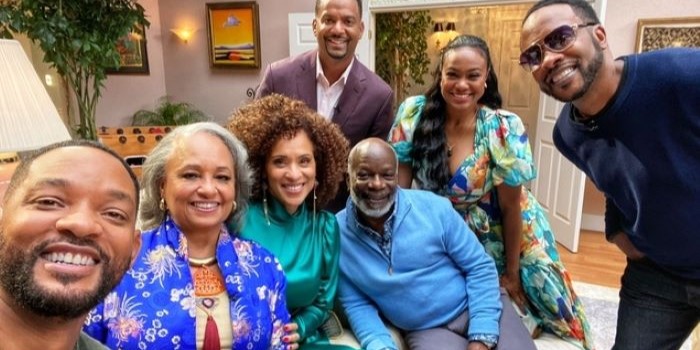
No one can talk about the original The Fresh Prince of Bel-Air without discussing the diversity of colorful characters. Each member of the main cast had a trait that made them stand out. Yet they were never written in a way that made them come off as fake or phony.
Carlton’s Dance to Tom Jones‘s It’s Not Unusual remains iconic. So was Uncle Phil consistently throwing Jazzy Jeff out of his house. Hilary, Ashley, Geoffrey, and Aunt Vivian; all these characters have iconic moments in the series. Yet it’s not what defines them overall.
The mark of a great character is when the audience can easily connect with them. Everyone on the show developed throughout the entire six-season run. That’s what real life is all about. Humans grow and change as the years go by. So to see that reality reflected in The Fresh Prince of Bel-Air made the characters relatable.
 Follow Us
Follow Us

